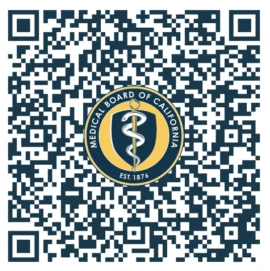Do you often experience a burning sensation near your heart accompanied by a sour taste in your mouth? These two symptoms are markers of heartburn, a condition that presents itself in nearly one-third of Americans every week.
After you ingest, chew, and swallow your food, it travels through your esophagus, which is a tube that connects to your stomach. A round muscle at the bottom of your esophagus functions like a valve, allowing access to your stomach. It opens when food approaches the stomach and closes afterward to prevent food and other substances from escaping.
If the valve opens when it shouldn’t open, acid from the stomach travels back into the esophagus, causing damage to the esophagus and leading to a burning sensation. Left untreated, chronic heartburn can eventually cause tooth decay, esophagitis, and ulcers.
From our experts at Digestive Disease Consultants of Orange County, here’s everything you need to know about the prevention and treatment of heartburn.
Heartburn risk factors
Carrying excess weight around the stomach, being pregnant, or wearing tightly-fitted clothing puts pressure on your diaphragm and stomach, which can lead to acid reflux. Your risk is also higher if you regularly consume the following foods and beverages:
- Alcoholic drinks
- Caffeinated drinks
- Certain vegetables (e.g., onions, tomatoes, and spicy peppers)
- Carbonated drinks
- Citrus fruits
Certain medications (e.g., alpha-blockers, tricyclics, calcium-channel blockers, and anti-inflammatories) relax muscles in your body, including the muscle at the bottom of your esophagus, which allows acid to escape the stomach. Therefore, these medications can also increase your risk of experiencing heartburn.
Treatments available for heartburn
Treatment for heartburn is highly personalized. Our specialists may ask you a few questions about the foods you eat regularly. They may also look at what medications you’re currently taking and make recommendations based on your unique health profile.
Consider keeping a food diary of what you eat and how you feel afterward. Doing so can help you pinpoint foods that trigger your heartburn.
If lifestyle changes aren’t enough to fix your heartburn, there are two types of medications you can try: antacids and acid suppression medications.
These medications work well for short-term use, as they reduce the amount of acid secreted by the cells in your stomach. In the long-term, however, these medications may cause some side effects, including malabsorption of calcium and magnesium.
Get your heartburn treated with us
Don’t allow heartburn to ruin your meals. Find out what’s causing your heartburn and receive quick relief by contacting us and scheduling an appointment. Our experts serve patients near Irvine, CA; Huntington Beach, CA; Tustin, CA; and CA.



